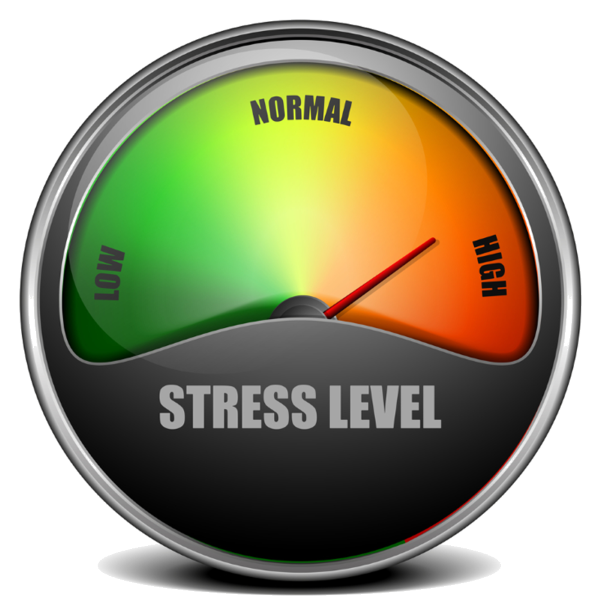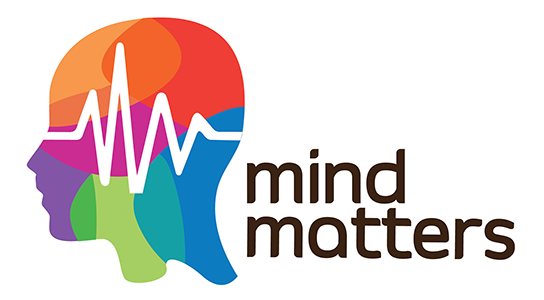Download a free WELLBEING TEST here
Key to our wellbeing is keeping our stress levels to manageable levels. Mental health disorders such as anxiety, depression and trauma-related issues such as PTSD, are due to a build up of high stress levels over long periods of time. So a first step to our emotional self-care to understand the stresses we might be under.
STRESS EXPLAINED IN BRIEF
ACUTE STRESS
Stress is a good thing! It is there to give us extra strength and focus when we need it to overcome a mental or physical threat. The body starts producing powerful stress hormones such as adrenaline for speed and focus, and cortisol for strength and endurance. Once the situation has been successfully survived, stress reduces as does the production of stress hormones. This is defined as acute stress which typically lasts between a few minutes to a few hours.
So where does it all go wrong?
CHRONIC STRESS
If we find ourselves in high stress states for extended periods of time, our bodies register this as an ongoing threat and keep producing stress hormones to protect us. We are kept in a constant state of heightened alertness. This is known as chronic stress.
This is when the very hormones that help to protect us become a threat in themselves. Studies are showing that chronic stress is linked to physical conditions such as heart disease, diabetes and impaired immune system. Mentally we can get stuck in our survival emotions of anger and fear, expressing as highest-level mental disorders such as anxiety and depression.
Possible causes of chronic stress:
- difficult relationships with family, friends, boss and colleagues
- unresolved trauma, either from adverse childhood experiences or traumatic events such as accidents or bereavements (PTSD, Complex PTSD)
- financial worries
- unemployment
- work stress due to performance pressure and unachievable targets
Some of the symptoms of chronic stress:
- being irritable most of the time
- low energy levels, (possible Chronic Fatigue Syndrome-CFS)
- lack of motivation
- procrastination
- difficulties falling and staying asleep
- problematic digestion
- loss of appetite or overeating
- sense of powerlessness
- a perceived lack of control leading to coping mechanisms such as Obsessive Compulsive Disorder (OCD) and eating disorders
- headaches and migraines
- problems focussing and concentrating
- poor immune system leading to frequent illness
I am text block. Click edit button to change this text. Lorem ipsum dolor sit amet, consectetur adipiscing elit. Ut elit tellus, luctus nec ullamcorper mattis, pulvinar dapibus leo.
.


WORKSHOP
This workshop uses a combination of psychological education and practical exercises. Participants will learn the following:
- different types of emotional stresses we could be under
- recognising stress symptoms triggered by powerful stress hormones
- emotional and physical self-care routine
- enhancing wellbeing by reducing stress levels
- practise a Mindfulness relaxation exercise
The workshop is run by psychotherapist Daniela Nicol who brings extensive experience in facilitating wellbeing workshops. Through sensitive monitoring Daniela creates environments for participants to feel safe and encouraged to get the most out of the interactive elements. Participant numbers are kept intentionally low to enhance the likelihood of meaningful interactions.



